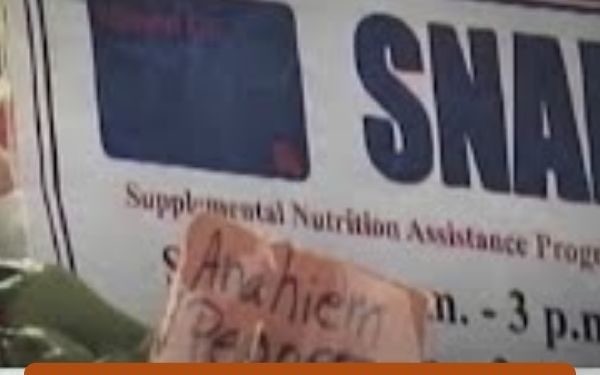INDIANAPOLIS (WISH) – Indiana’s upcoming SNAP restrictions banning soda and candy are drawing sharp criticism from grocers, who say the changes could hurt both businesses and low-income residents — and may push shoppers across state lines.
What’s Changing?
This Article Includes
Starting January next year, SNAP (Supplemental Nutrition Assistance Program) recipients in Indiana will no longer be able to use their benefits to purchase soda or candy, following a request by Gov. Mike Braun that was approved by the U.S. Department of Agriculture.
The goal, according to Braun, is to reduce junk food consumption among the 600,000+ Hoosiers on SNAP and cut program costs.
Grocers Push Back
Joe Lackey, President of the Indiana Grocery and Convenience Store Association, says the restriction is misguided.
“They’re trying to cut the budget, and I understand that,” Lackey said. “But this isn’t the way to do it — it creates unfair competitive situations.”
Because SNAP benefits can be used across state lines, nearby residents may simply shop elsewhere — dealing a blow to border businesses and franchise grocers, who might stop operating in Indiana altogether.
“If you want to do this, do it nationally,” Lackey argued. “It’s a federal program funded with federal money — USDA should set the rules.”
Confusion Ahead for Shoppers and Clerks
Grocers say the lack of public awareness will lead to conflict in stores, as recipients often won’t know about the new rules until checkout.
“Our employees are going to have to explain it, and customers aren’t going to be happy,” Lackey warned.
Loopholes and Definitions Add to the Chaos
The definitions of ‘candy’ and ‘soda’ in Indiana code are also causing concern:
-
Candy with flour (like KitKats and Twix) would still be allowed.
-
Soda with over 50% juice or vegetable content would also be exempt.
-
Meanwhile, granola bars and bottled teas could be banned.
“It puts store clerks in a tough spot,” Lackey said. “Some of them are going to be abused. It’s not fair.”
The Bottom Line
Grocers say they weren’t consulted until after the decision was made, and now they’re bracing for customer confusion, staff stress, and potential business loss.
Unless the USDA enacts similar restrictions nationwide, industry leaders say Indiana’s policy will only punish local retailers and low-income families.









